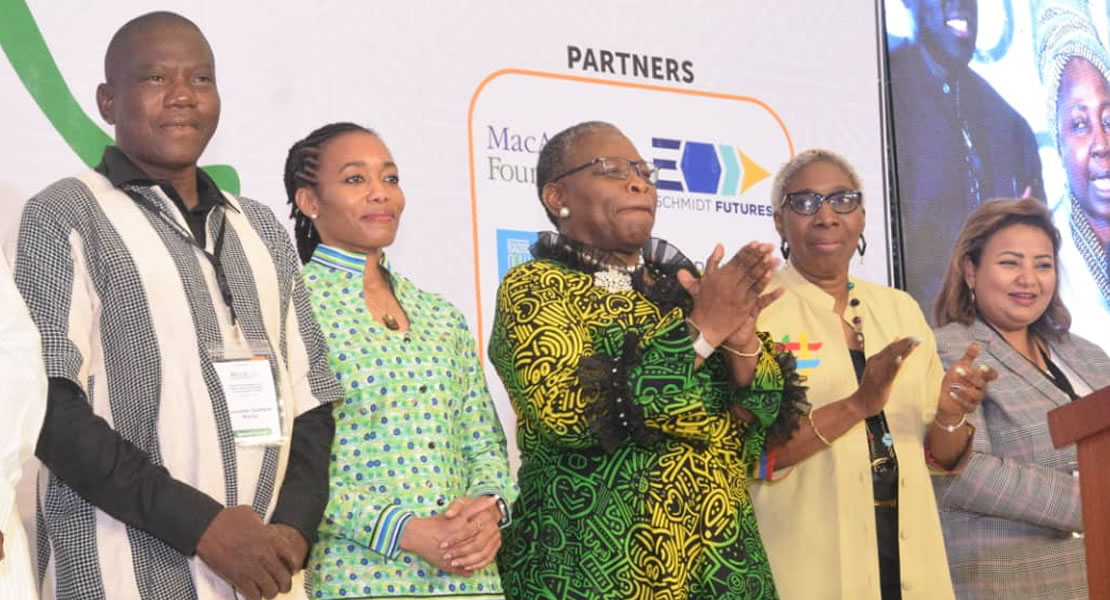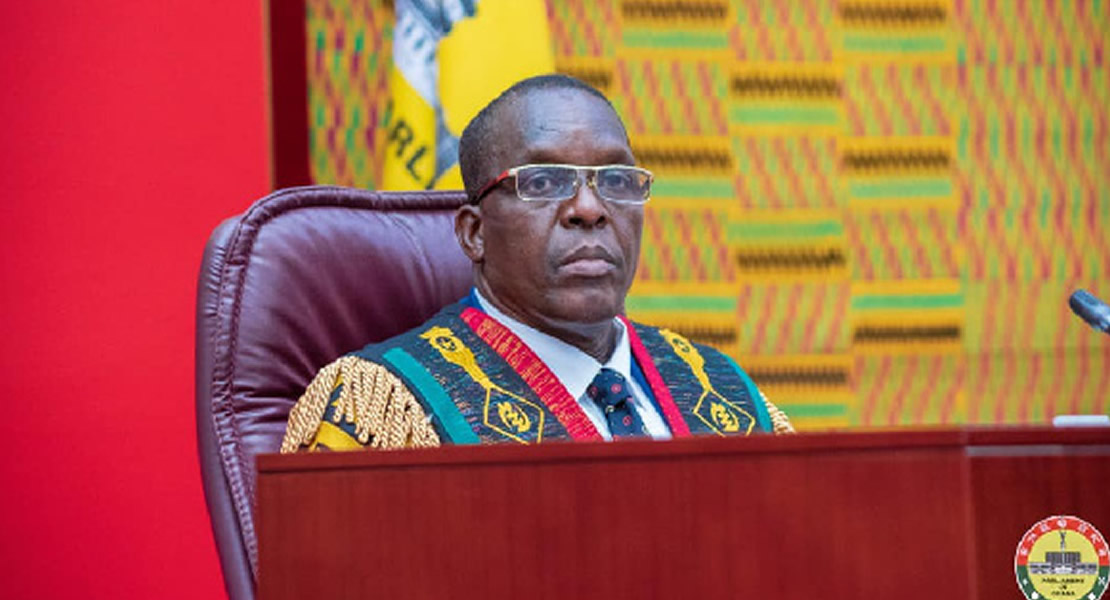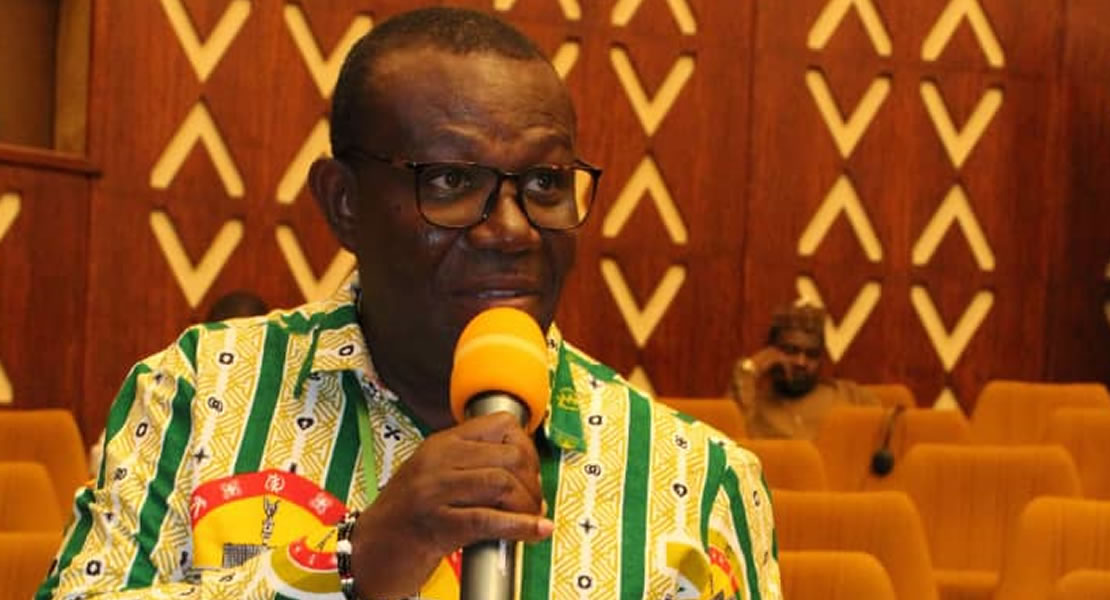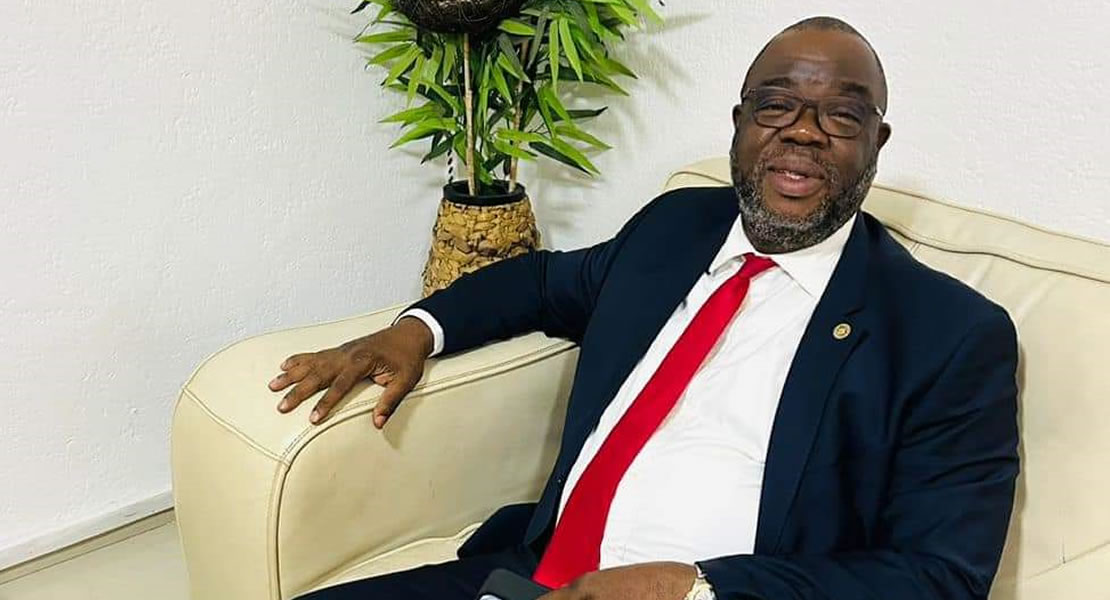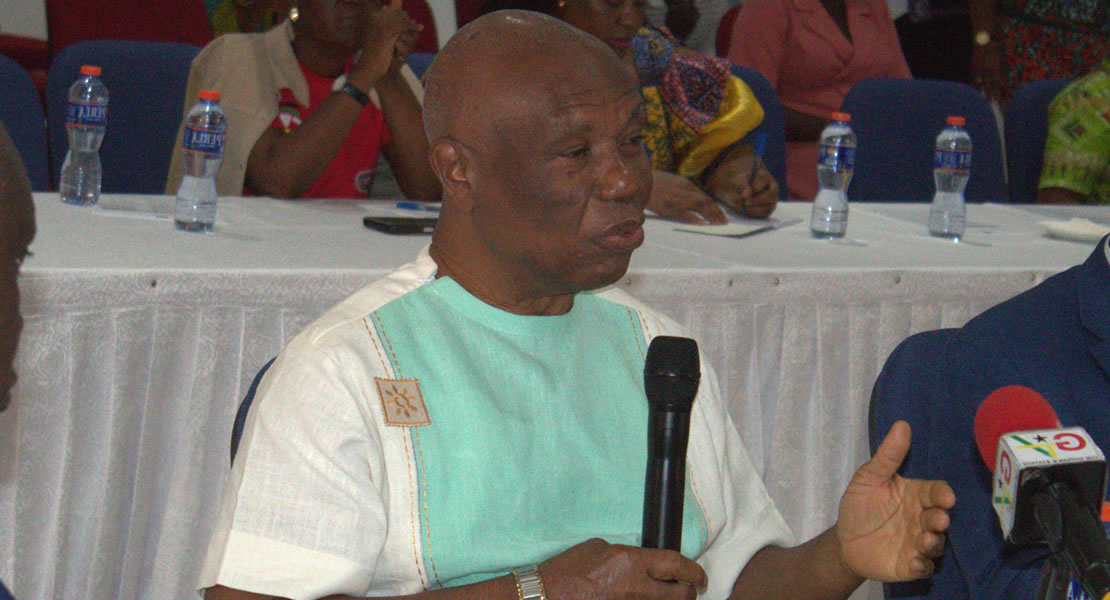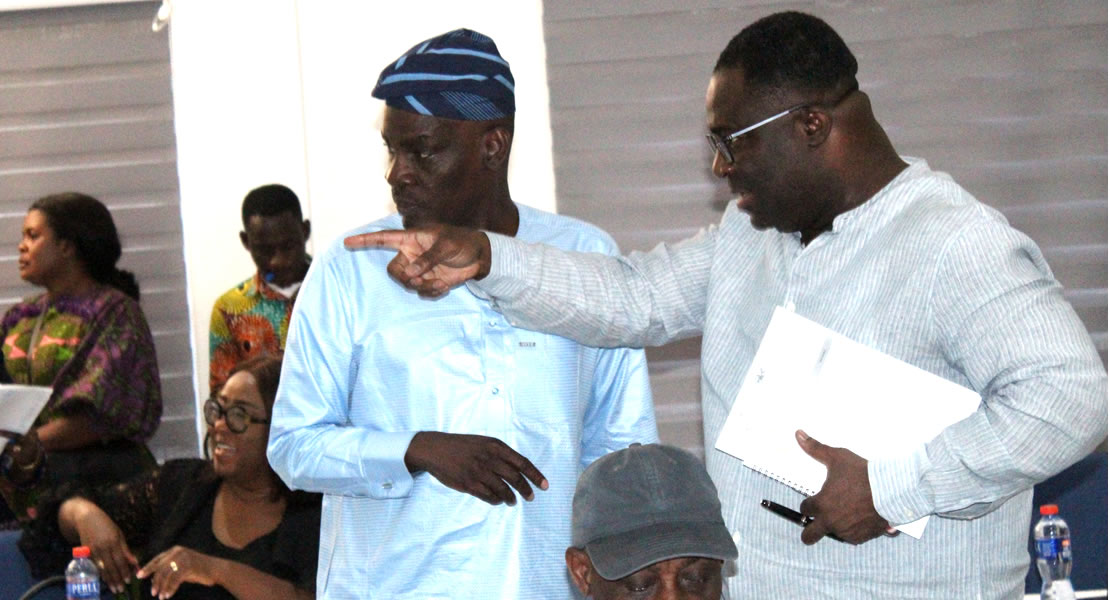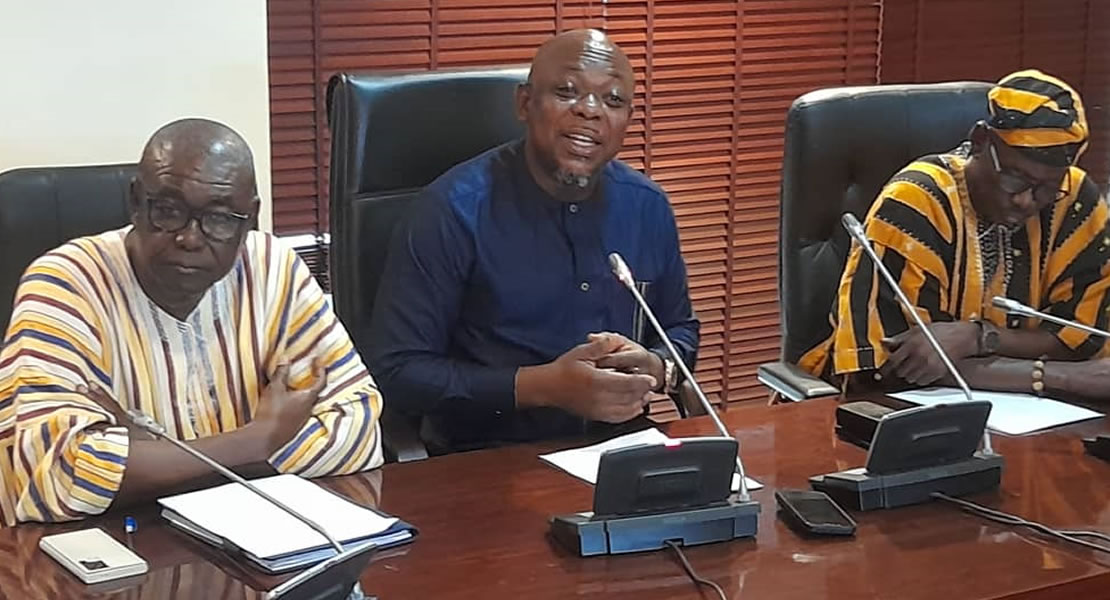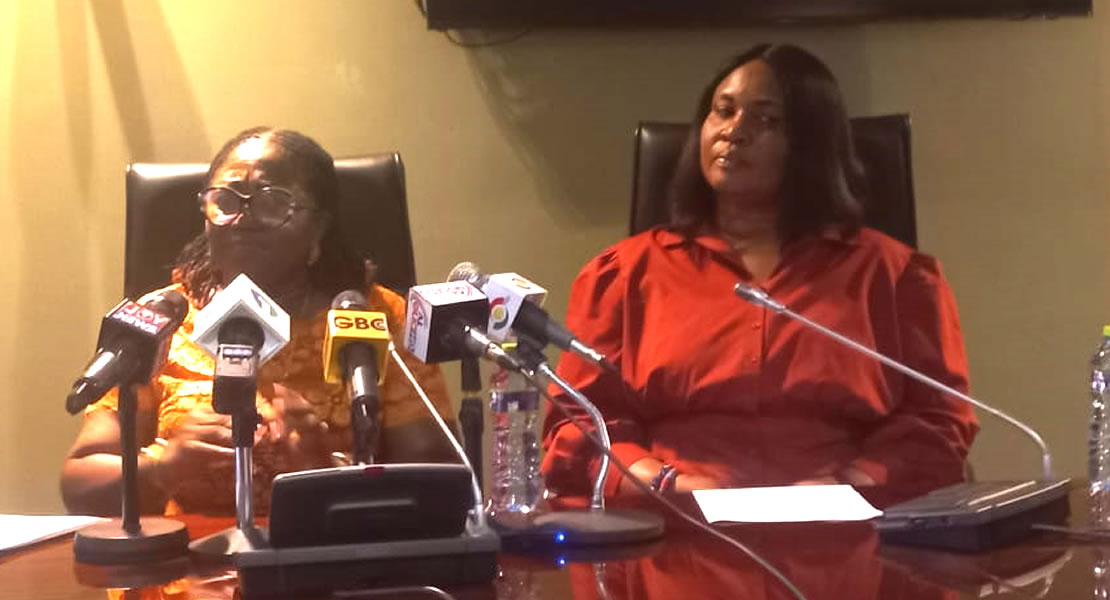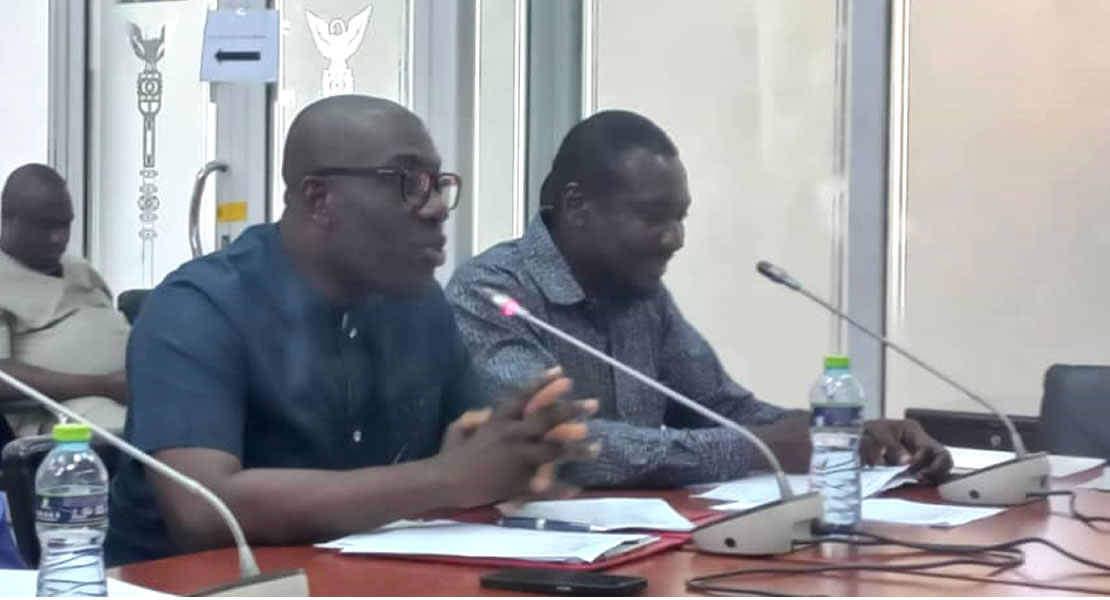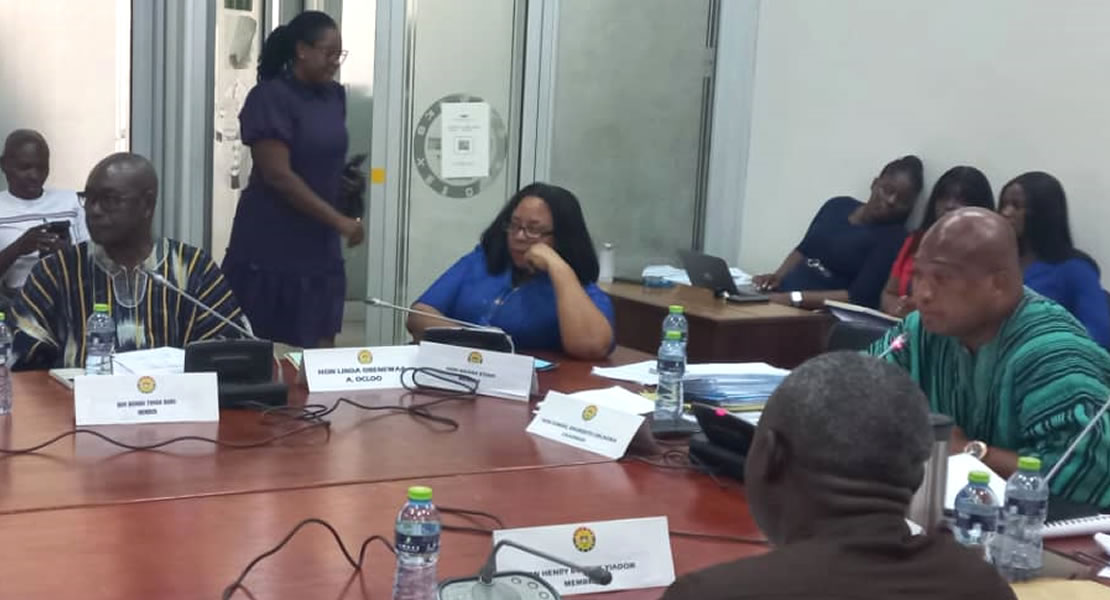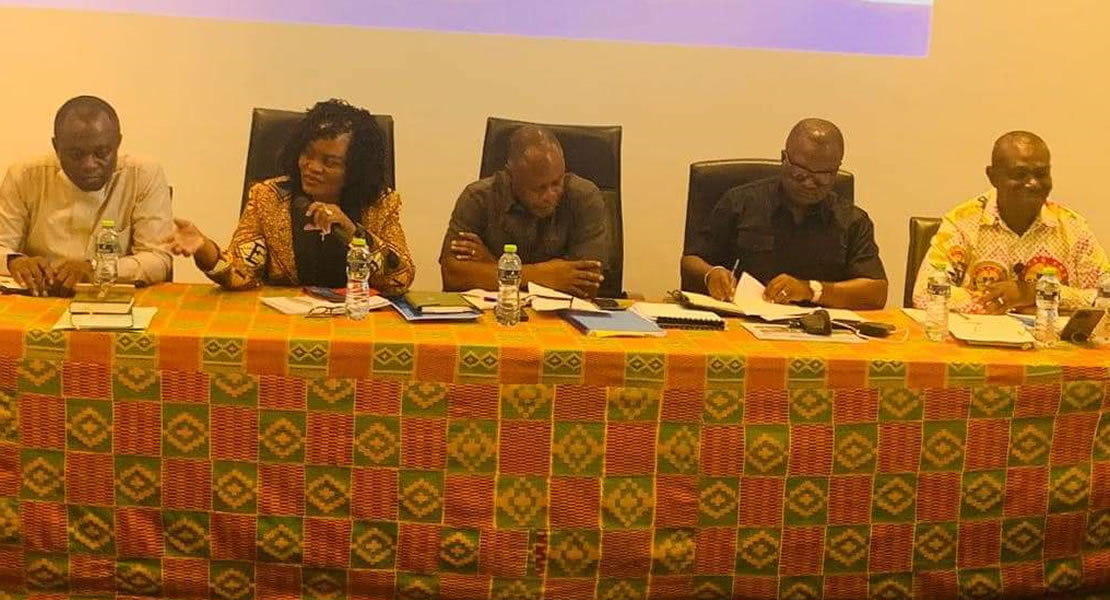This year’s African conference hosted by the school of politics, policy and Government has called for the reshaping of the political landscape in Nigeria and the African continent as well as giving future leaders superior supportive environment to acquire knowledge of governance.
Speaking at the conference in Abuja, with the theme “Good Governance in Africa: Leaders and Citizens Driving Systemic Change,” Founder, School of Politics, Policy and Governance, Obiageli Ezekwesili said the forum was put in place to change and upgrade the mindsets of future leaders in Africa.
“When governance whether at the local level, state or national level in your countries, you don’t govern for the population that you immediately see, you govern for Africa. We want you to immediately have that mindset of the Africa solution that will be exponential in impact as well as interconnected”.
He stated further that academic research findings show clearly that Africa’s development challenge is primarily because of the absence of good governance, and if research gives you evidence of what your malady is or the cause of your malady, what you must do as a sensible group of people is to address your malady.
“So, since poor governance is our malady as a people, as a continent, the research that I did then gives me an insight into how to address the malady. And the critical part of it is to begin the development of an entirely new political mindset and culture,” she said.
The keynote Speaker Dr. Zanetor Agyeman-Rawlings, called for more involvement of women and youth in politics, decision making and governance in Africa; adding that the time for sitting on the fence is over.
“People who felt that they have something to offer their countries must also consider that grassroot does not mean illiterate, grassroot does not mean not knowledgeable; that is the foundation of everything. And if you feel that you are too big to be at the grassroot level, that is what you will see at the end when other people you feel are not as enlightened as you are will decide who you subsequently have to choose as your leader because you have decided not to take part at the grassroot level of the primary choice of who your leaders should be,” she said.
The Chief Executive Officer, School of Politics, Policy and Governance, Alero Ayida-Otobo said the barrier of development is absence of good governance, as such there was the need to develop entirely new political architecture that will bring in productive leaders.
The weight of this single mandate is enormous and it is on every single one of us because you came and you are hearing this; you are now going to be held accountable to deliver the future, she admonished.
“Many times, those that are value-driven, those that are disruptive in their thinking, they feel alone, and they feel there is no body around them. What we want to do is to build a platform that they can stand on, then connect them,” she concluded.
The 2024 Africa Conference, a prelude to the graduation ceremony of the fourth graduates of the School of Politics, Policy and Governance brought together value-oriented politicians from Ghana, Kenya, Senegal, Egypt, Tunisia, Zimbabwe among other African countries to brainstorm on how to reposition the continent’s politics and governance.
Ghanamps.com
